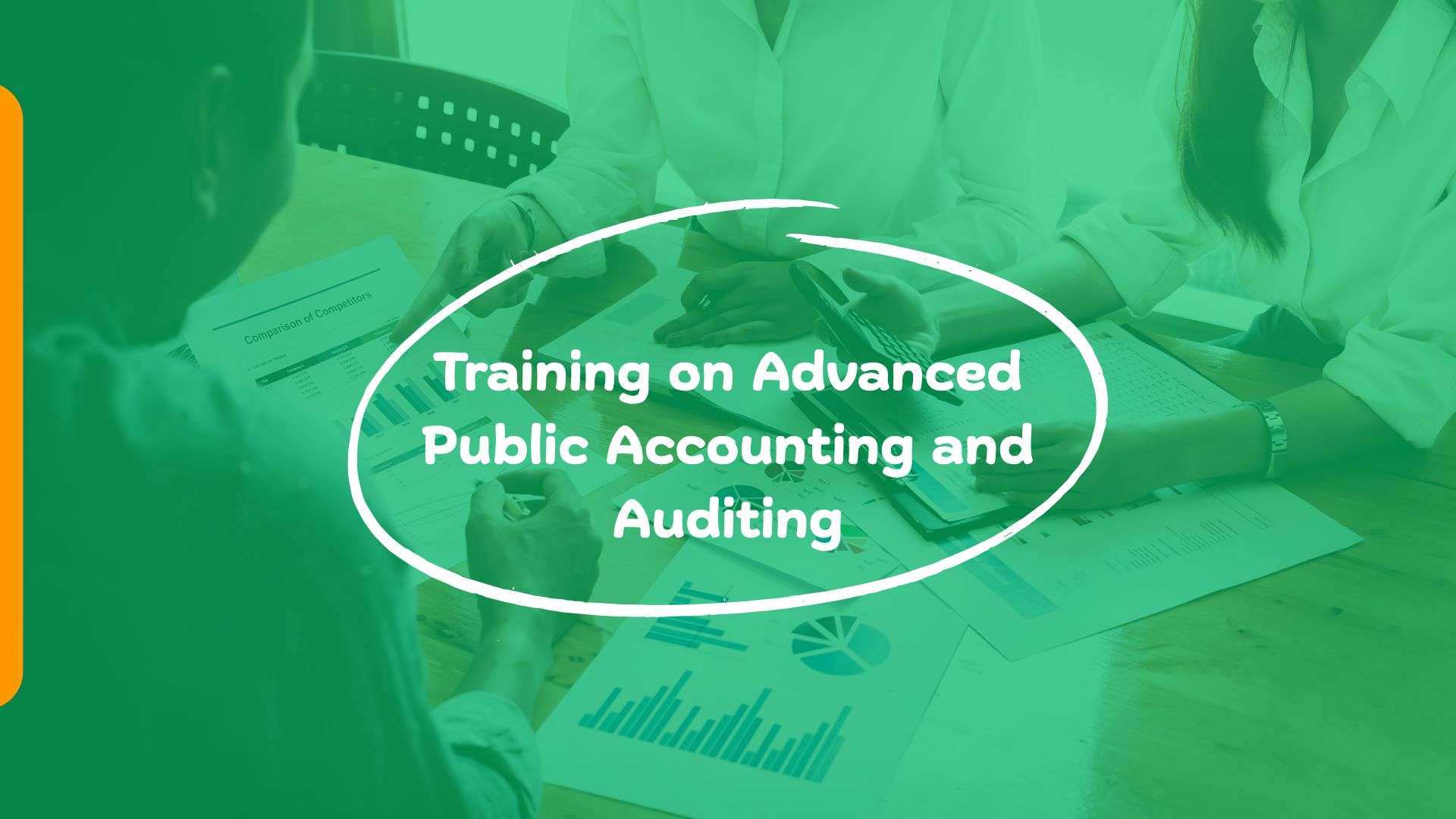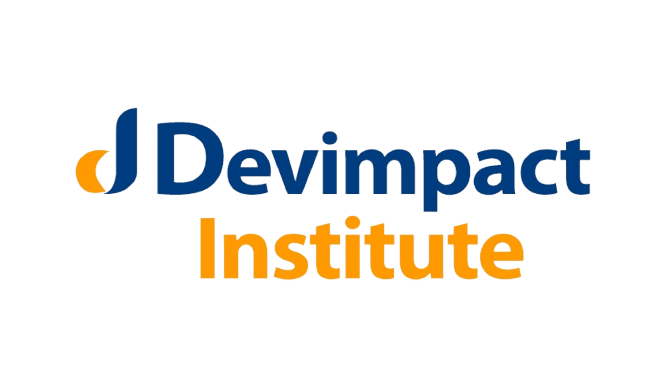
Training on Advanced Public Accounting and Auditing
Public accountants and auditors play a crucial role in maintaining public trust in financial markets by providing transparency and accountability. As businesses and financial transactions grow increasingly complex, the demand for advanced skills in handling sophisticated accounting issues, performing rigorous audits, and navigating evolving regulatory landscapes has never been higher.
As businesses and financial transactions grow increasingly complex, the demand for advanced skills in handling sophisticated accounting issues, performing rigorous audits, and navigating evolving regulatory landscapes has never been higher.
This course aims to bridge the knowledge gap by focusing on advanced topics such as complex financial reporting, forensic accounting, ethical standards, and the integration of technology in auditing. The course covers advanced topics in financial accounting, auditing techniques, ethical considerations, and the application of technology in auditing.
Target Participants
This training is designed for experienced accountants, auditors, and financial professionals who aim to advance their expertise in public accounting and auditing practices.
What You Will Learn
By the end of this course the participants will be able to:
- Enhance understanding of complex financial accounting standards and practices
- Develop advanced auditing skills and techniques
- Foster awareness of the ethical and regulatory environment of public accounting
- Explore the use of technology and data analytics in auditing
- Improve ability to detect and prevent financial fraud
- Strengthen skills in analyzing and interpreting financial statements.
- Equip participants with the knowledge to handle international accounting and auditing challenges
- Promote effective communication and reporting skills in auditing.
- Increase understanding of current and emerging trends in accounting and auditing.
- Prepare participants for leadership roles in the field of public accounting.
Course Duration
Classroom Based – 5 Days
Online – 7 Days
Overview of Advanced Public Accounting
- Definition and Scope
- Role and Responsibilities of Public Accountants
- Review of Fundamental Accounting Principles
- Introduction to Regulatory Frameworks and Standards
- IFRS, GAAP, and PCAOB
Complex Financial Reporting
- Advanced Financial Statement Preparation
- Consolidated Financial Statements
- Segment Reporting
- Accounting for Special Transactions
- Mergers and Acquisitions
- Foreign Currency Transactions
- Revenue Recognition and Leases
Advanced Auditing Techniques
- Audit Planning and Risk Assessment
- Understanding the Client's Business
- Identifying and Assessing Risks
- Internal Control Evaluation
- Testing Internal Controls
- Substantive Testing Strategies
Audit Evidence and Documentation
- Gathering and Evaluating Audit Evidence
- Techniques for Collecting Evidence
- Quality and Reliability of Evidence
- Audit Documentation Standards
- Importance of Documentation
- Best Practices for Documentation
Fraud Detection and Forensic Accounting
- Understanding Fraud and its Implications
- Types of Fraud
- Red Flags and Risk Factors
- Forensic Accounting Techniques
- Investigative Methods
- Legal Considerations in Fraud Investigations
- Case Studies on Fraud Detection
Ethical Considerations in Public Accounting
- Professional Ethics and Independence
- Code of Ethics for Accountants
- Maintaining Independence
- Ethical Decision-Making Frameworks
- Analyzing Ethical Dilemmas
- Regulatory Requirements and Compliance
Technology in Auditing
- Use of Data Analytics in Auditing
- Introduction to Data Analytics Tools
- Application of Data Analytics in Audit Procedures
- Emerging Technologies in Auditing
- Blockchain
- Artificial Intelligence and Machine Learning
- Cybersecurity Considerations for Auditors
Recent Developments in Accounting Standards
- Updates on IFRS and GAAP
- Implications for Practice
- Globalization and its impact on Public Accounting
- Sustainability Reporting
- Integrated Reporting

